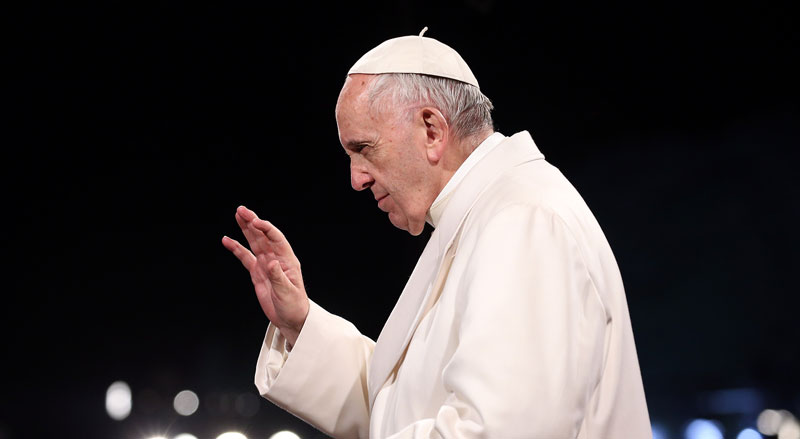A contested Santa Monica apartment complex owned by a Jewish nonprofit, which had hoped to raze the property in favor of a synagogue and condos for Middle East refugees, has had its landmark status upheld.
But Teriton residents are still facing eviction.
The Santa Monica City Council voted 6-0 to back the 2006 decision by the Santa Monica Landmarks Commission to designate the contested Teriton apartment building at 130-142 San Vicente Boulevard as a city landmark, rejecting an appeal by owner Or Khaim Hashalom, or Living Light of Peace.
The June 12 City Council meeting, with councilmember and Teriton resident Ken Genser recusing himself, marked a defeat for the religious nonprofit, headed by Rabbi Hertzl Illulian, and its controversial plan to demolish the three-story, 28-unit, post-World War II garden apartment building and replace it with a private synagogue and 22 condominiums, including two low-income units.
While the building was rescued, the tenants, many of whom have lived there for decades, face a less certain future.
In April, they received eviction notices informing them that they must vacate their apartments within 120 days or by Aug. 8, or for those 62 and older, within a year or by April 8, 2008.
The evictions are legal under the Ellis Act, a state law giving landlords the right to evict tenants and withdraw from the rental business for at least five years. The tenants are regrouping and deciding their next move.
According to Or Khaim Hashalom attorney Rosario Perry, the nonprofit intends to file suit against the City of Santa Monica on the grounds that the landmarking is illegal under California Government Code Section 3736(c), which allows organizations to alter or destroy historical buildings under certain circumstances, such as economic hardship or hindrance of religious mission.
“We’re going to move forward,” Perry said after the meeting, noting that they can’t use the building as it is. “We’re not dead yet.”






















 More news and opinions than at a Shabbat dinner, right in your inbox.
More news and opinions than at a Shabbat dinner, right in your inbox.